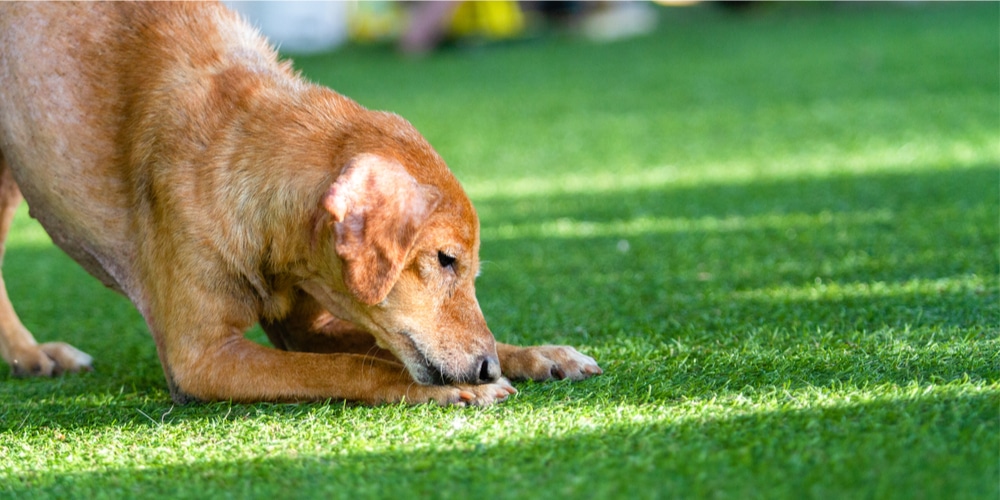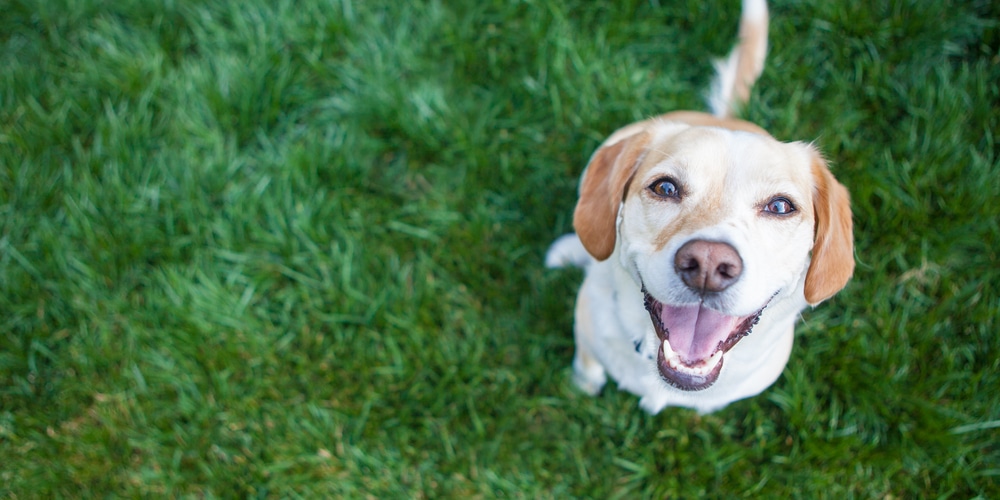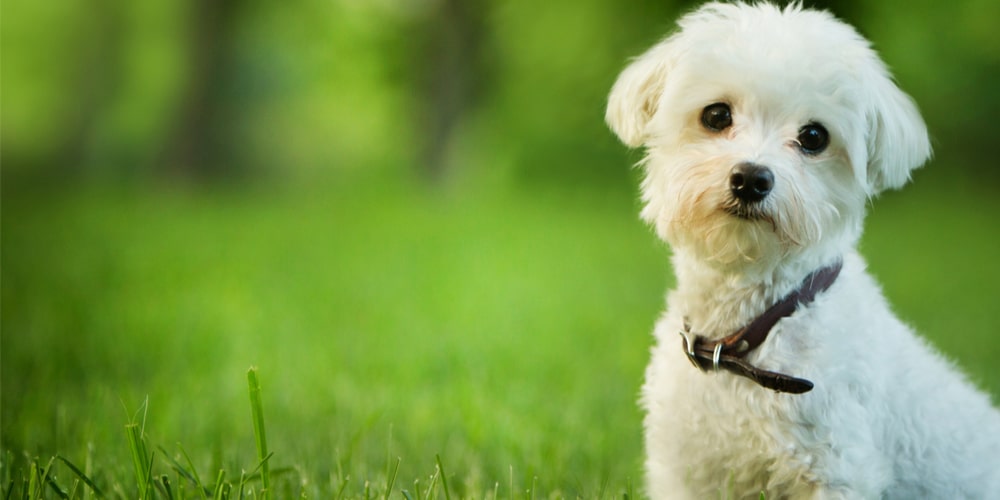You love your dog and are concerned about substances that may harm them. If you use Scotts Turf Builder for your grass, then it’s only natural to do some research and try to figure out whether the products can harm your pet. If this is why you are here, then I can assure you that you’ve come to the right place and will be provided with all the important information you may need.
Is Scotts Turf Builder Safe for Dogs?
Scotts turf is safe for dogs as long as you use it according to the instructions specified on the label. For instance, the instructions indicate that your dog can play with, eat, or chew on treated areas once they are totally dry. Note: You should be extremely cautious about letting your dog out in treated areas if you decide to water them right after treatment.
Why is Scotts Turf Builder harmful to dogs?
Scotts turf builder contains iron, a substance that’s harmful to dogs, especially when it’s consumed in large quantities. Ensure that the granules do not come into direct contact with wet surfaces. Instead, store them safely and keep them away from the reach of pets and children.
After fertilizing your lawn, you should limit its usage by dogs, pets, and children for 24 to 72 hours. You can let your pets and children play in the lawn after a period of 48 to 72 hours has passed, and the fertilizer has been assimilated into the soil.
Can lawn fertilizer make dogs sick?
While commercial fertilizer is nutritious for plants, it contains harmful chemicals that are toxic to dogs, plants, and other animals. Using commercial fertilizer means there is a chance that your dog may consume the chemicals by accident if they are left unsupervised.
Dogs that are allowed to play in the grass and groom themselves afterwards are also more at risk of ingesting the chemicals. Thus, the best preventative measure is to bar your dog from playing in freshly treated grass and bathing them if they manage to sneak out.
What if your dog ate lawn fertilizer?
If your dog shows these symptoms, then it means that it ate fertilizer. Your dog may show mild or serious symptoms depending on the amount of fertilizer ingested. One mild symptom your dog may show is an upset stomach.
More serious symptoms include breathing difficulties and vomiting. Ingesting fertilizer could also lead to ulcerations that burn in your dog’s intestinal tract. It’s difficult to know for sure what amount of fertilizer your dog ingests.
If you suspect that your dog has ingested fertilizer and is acting sick, and you have recently used the product in your garden, then you have to take it to the pet as soon as you can. Not doing this may have disastrous consequences.
How much lawn fertilizer can make your dog sick?
Fertilizer is harmful to your dog in any amount. However, large amounts are more dangerous than small amounts. Four 0.5 grams per kg may result in vomiting, hypersalivation, diarrhea, and lethargy, whereas four > 0.5 grams per kg may result in impaction or constipation.
Research concluded that dogs that were exposed to lawn chemicals had traces of herbicides in their urine. Other studies also noted that dogs that were exposed to lawns treated with herbicides had a higher risk of getting bladder cancer.
Can dogs walk on fertilized lawns?
Your dog shouldn’t walk or play on a fertilized lawn unless it’s after 24 hours. Dogs love grooming themselves every once in a while, and allowing your dog to walk on a recently fertilized lawn puts them at risk of ingesting the dangerous contents any time they choose to self groom.
Keep your dog indoors when fertilizing the lawn to prevent them from licking the fertilizer granules. Water your lawn immediately to help the fertilizer soak into the ground quickly. This helps reduce the amount of time you need to keep your pets off the lawn.
Is Scotts Turf Builder Safe for Dogs?: Conclusion
It’s important that you limit your dog’s access to lawns treated with Scotts Turf Builder or any other fertilizer for the length of time stated on the label. Take extra precautions and wash your dog if they manage to get out onto the lawn to prevent them from accidentally ingesting the herbicides when self-grooming.
Related articles: Should I keep my dog off new sod?


